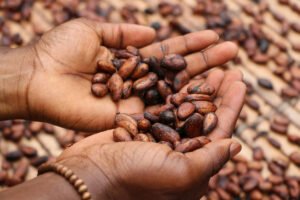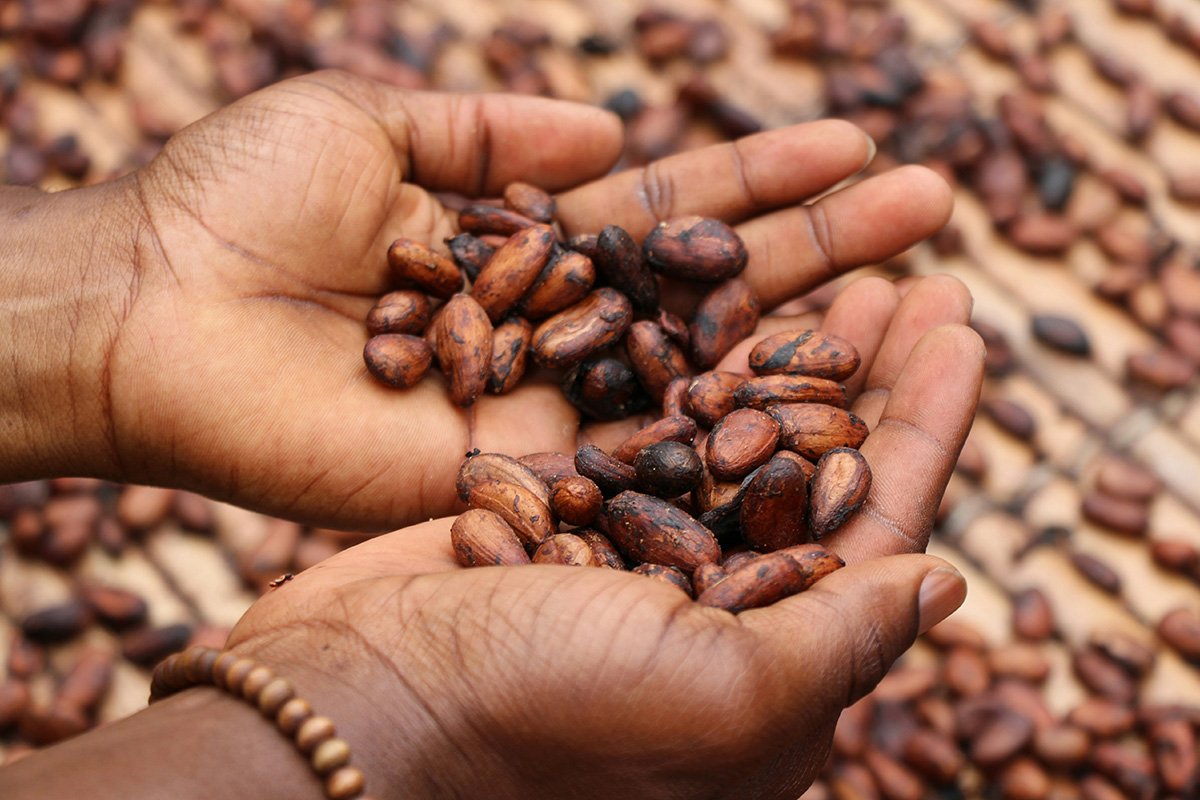February 29, 2012; Source: Huffington Post
More than half of Haiti’s residents subsist on one dollar per day, and the recent earthquake exacerbated a desperate and enduring situation. Food and medicine are pouring in from myriad relief organizations, but material aid does not address systemic weakness in one of the Western Hemisphere’s poorest economies. American nonprofit Poverty Resolutions strives to contribute lasting solutions one community at a time, helping Haitians to work their way out of poverty with targeted microloans that answer fundamental local problems. The nonprofit’s success feeds its own growth as people all over the world witness significant progress with minimal funds.
Sign up for our free newsletters
Subscribe to NPQ's newsletters to have our top stories delivered directly to your inbox.
By signing up, you agree to our privacy policy and terms of use, and to receive messages from NPQ and our partners.
Poverty Resolutions founder Matt Jones’ key insight was recognizing that Haitians are looking for independent and permanent solutions, rather than being passive recipients of aid on a perpetual basis. He and his brother, Andrew, learned this first hand in Port-au-Prince after the earthquake, living on that ubiquitous dollar-per-day income. When they would ask people what they wanted most, it was “jobs” that they heard in response over and over again. “They didn’t say, ‘Give me a handout. Give me a shirt. Give me shoes,’” Jones said. “They said: ‘I just want a job. I just want to be useful.’”
Jones’ agency drives lasting change by identifying a need and providing seed capital to craft a home-grown enterprise. For instance, a tilapia farm was funded to supply much-needed protein in one town. In addition to nutrition, the program, estimated to cost $10,000, provides lasting construction, farming and retail jobs. Such a long term “future focused” project is apparently typical of Poverty Resolutions’ practical philosophy.
In Cité Soleil, an extremely impoverished and densely populated quarter of Port-au-Prince, a microloan purchased a solar cell phone charging station, creating a solid business and a much-needed service. Perhaps most importantly, such visible and tangible gains inspire donations from people of all economic strata: “People are extremely generous,” Jones said. “They can have almost nothing, and yet, they’re giving to others. It’s really cool.” –Louis Altman











